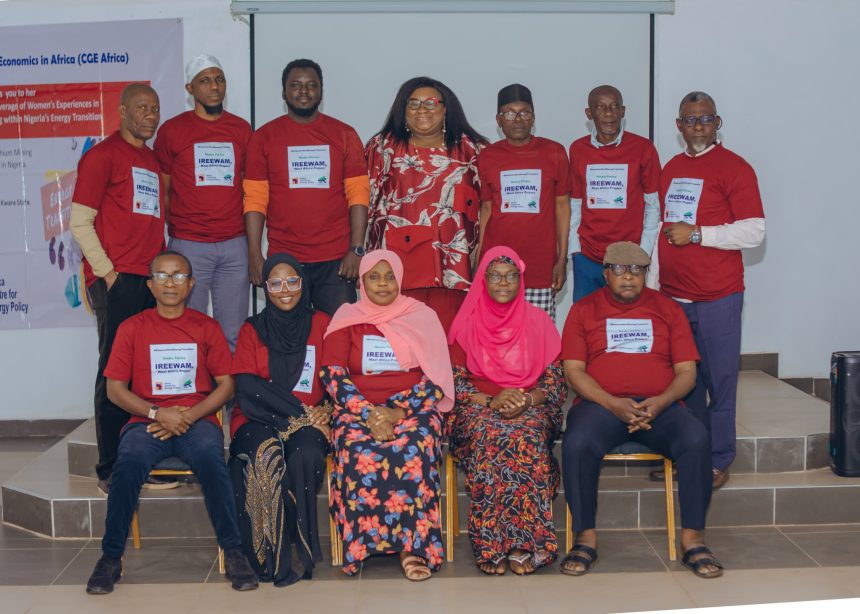Women in Nigeria are responsible for producing 60 per cent of the country’s food, yet they remain underrepresented in media coverage and decision-making spaces within agriculture, mining, and the energy sector, according to the Centre for Gender Economics in Africa (CGE Africa).
Governments have been charged to provide incentives to women in agriculture and mining towards encouraging them in achieving improved food production, food security, and economic self-reliance.
Speaking at a workshop on increasing media coverage of women’s experiences in sustainable farming and mining within Nigeria’s energy transition, organised by CGE Africa, the Executive Director, Mrs Uchenna Idoko, said available data showed that women in Nigeria produce 60 per cent of the country’s food but feature in only 20 per cent of climate-related media reports.
“Additionally, less than five per cent of mining headlines capture the contributions or perspectives of women. There is a gap in how we tell climate stories. Women are often portrayed as victims, not as leaders or innovators,” she said.
Idoko emphasised the need for improved access to credit and financial mechanisms for women in green industries, adding that only three states in Nigeria currently track gender-disaggregated energy data.
To address the issue, she said that innovative practices by women, such as agroecology, indigenous farming, cooperative-based food systems, and safety solutions in artisanal mining, deserve more media attention.
She also said that gender-informed storytelling can strengthen climate accountability and draw support for policy changes.
Mrs Idoko emphasised the need for inclusive reporting to drive climate justice and equitable energy reforms.
She said that the engagement aimed to sensitise journalists on how women’s roles in agriculture, mining, and energy remain underreported, despite their critical contributions and unique vulnerabilities to climate change.
“We cannot build a sustainable energy future while ignoring the people who are most affected by energy poverty and climate risks. Women must be part of the solutions, not just the statistics,” she said.
While presenting data from organisations, including the Central Bank of Nigeria (CBN), International Renewable Energy Agency (IRENA), and the World Bank, Mrs Idoko highlighted structural challenges facing women in Nigeria’s energy sector.
According to her, although women account for over 70 per cent of off-grid energy users, they occupy less than 10 per cent of leadership roles in the sector.
She said in Nigeria’s energy institutions, women reportedly hold only five per cent of board seats, and 80 per cent of rural women still lack access to clean energy for livelihood activities.
“These are not just numbers; they reflect the lived experiences of millions of women whose voices remain unheard in national conversations around climate justice and sustainability,” she said.
The CGE Africa Executive Director, however, warned that energy policies that fail to consider gender dynamics risk widening existing inequalities by up to 15 per cent, citing World Bank projections.
Idoko further urged media houses to embark on investigative stories on climate innovation and collaborate with local women’s groups such as the Small-Scale Women Farmers Organisation of Nigeria (SWOFON).
“Women are not just users of energy; they are potential entrepreneurs and change agents in clean energy development,” she said.
ALSO READ TOP STORIES FROM NIGERIAN TRIBUNE
WATCH TOP VIDEOS FROM NIGERIAN TRIBUNE TV
- Let’s Talk About SELF-AWARENESS
- Is Your Confidence Mistaken for Pride? Let’s talk about it
- Is Etiquette About Perfection…Or Just Not Being Rude?
- Top Psychologist Reveal 3 Signs You’re Struggling With Imposter Syndrome
- Do You Pick Up Work-Related Calls at Midnight or Never? Let’s Talk About Boundaries






